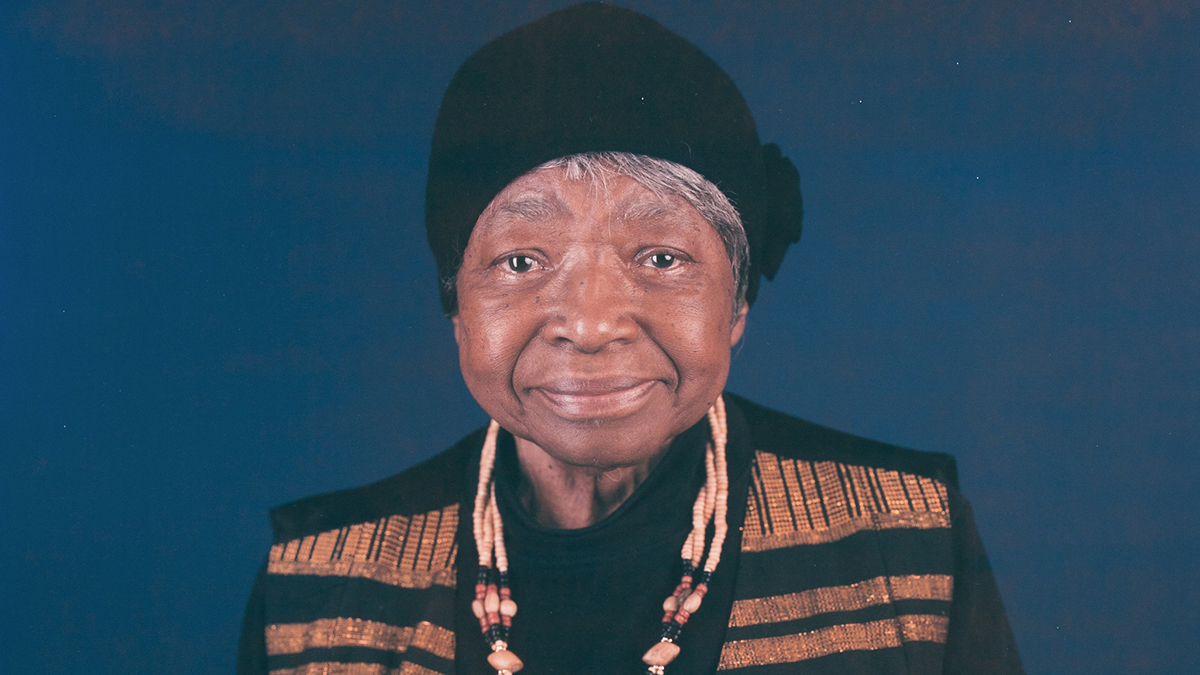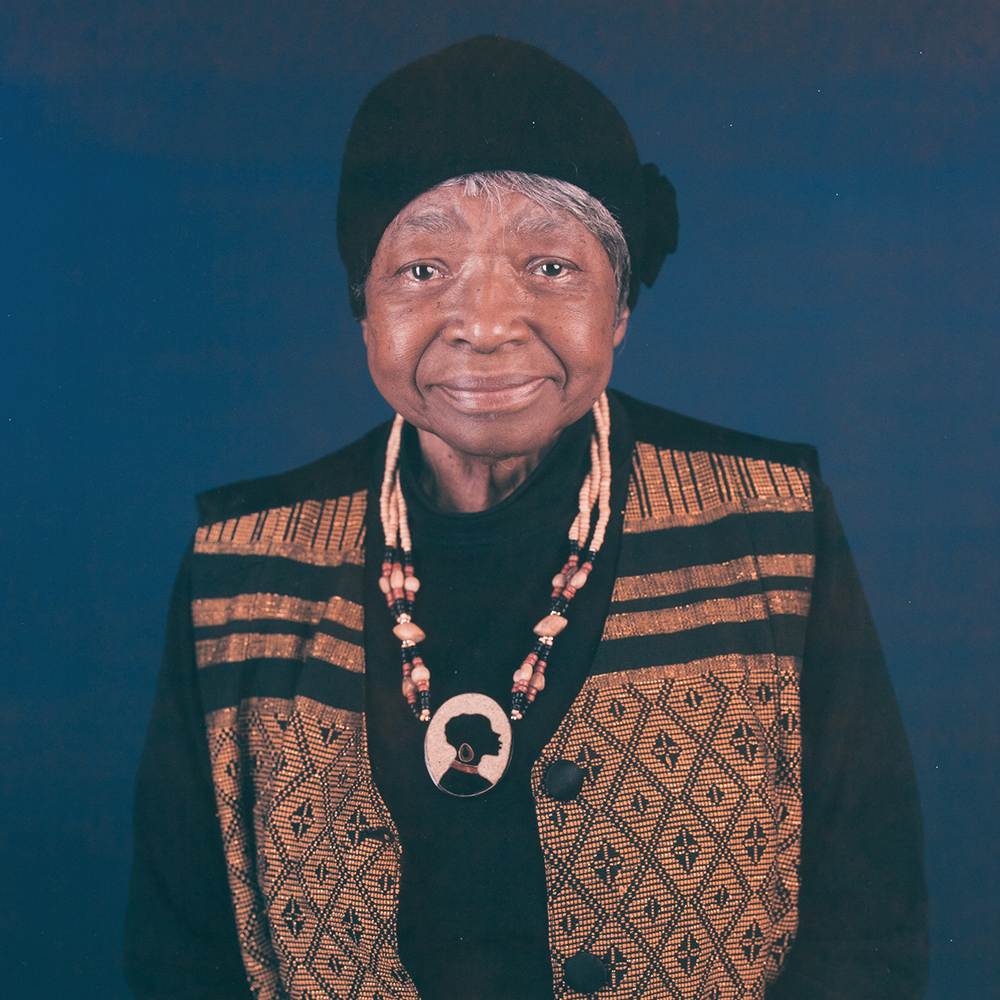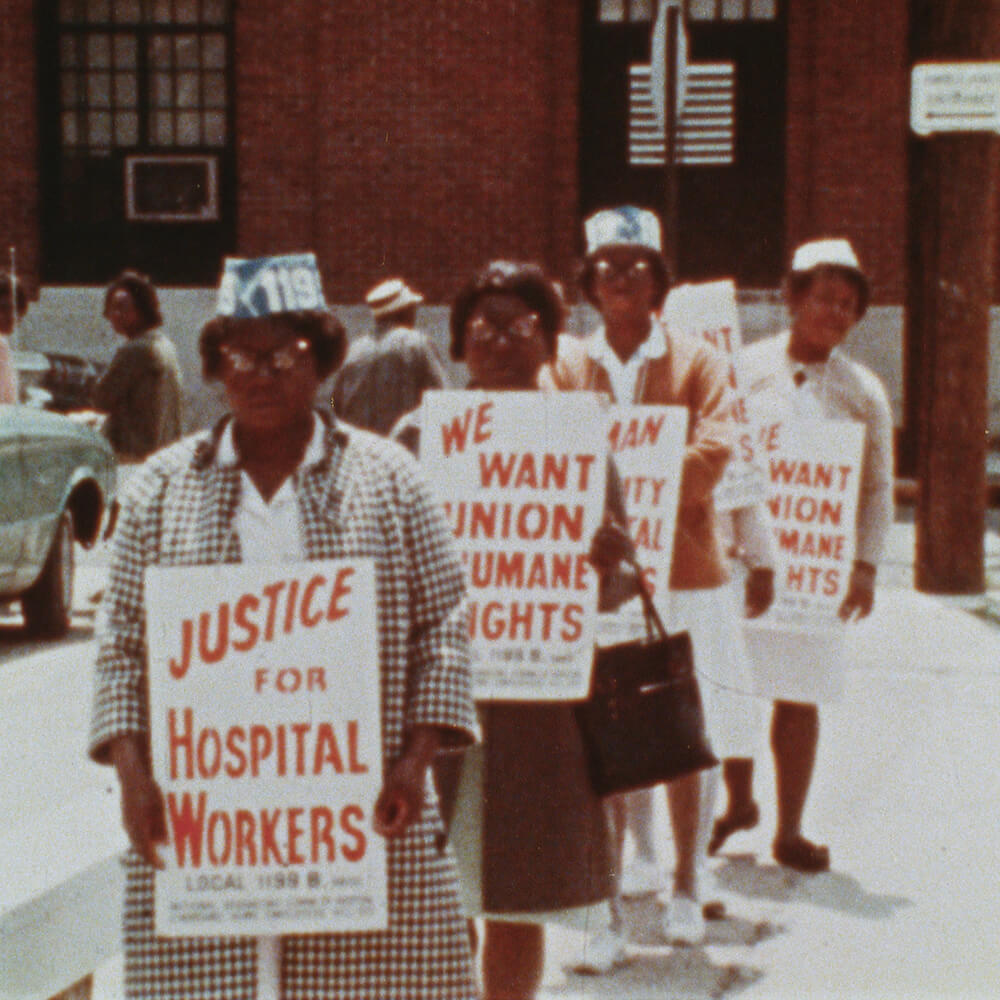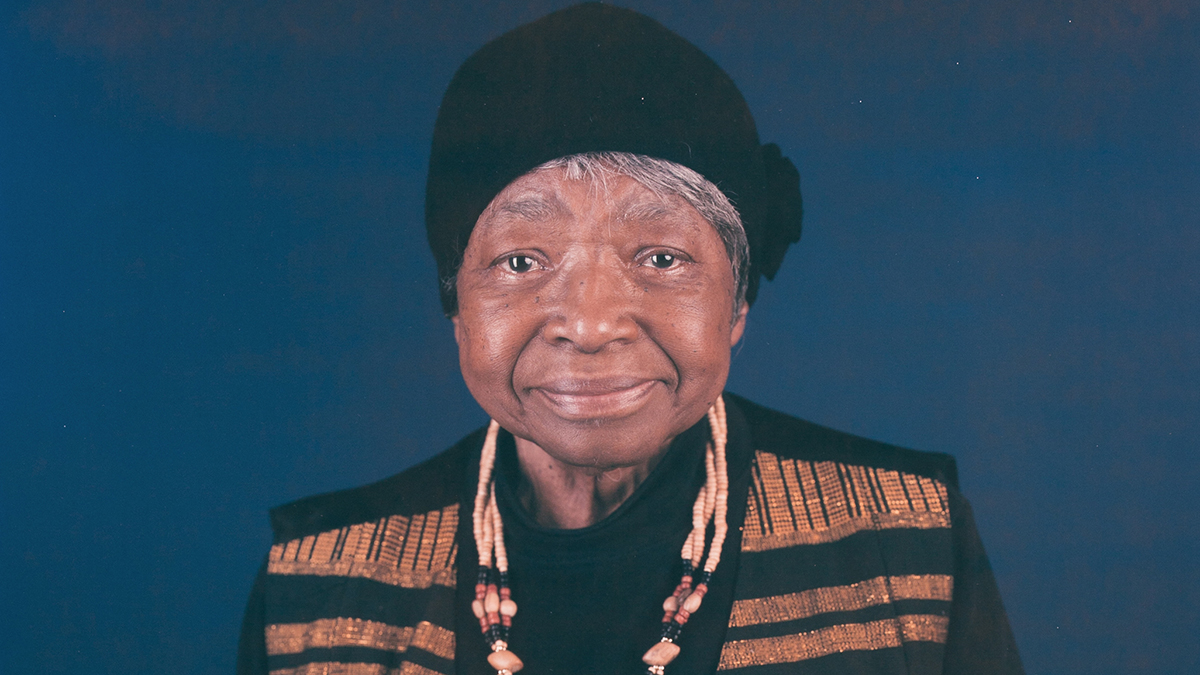

Part of SFFILM Festival
Madeline Anderson: POV Award + Short Films

Award Presentation
Join us for the presentation of the Persistence of Vision Award to documentary pioneer Madeline Anderson, including an in-depth onstage conversation.
Photo ©Myrna Suarez
Screening
The conversation will be followed by a screening of two of Anderson’s short films, Integration Report 1 (1960) and I Am Somebody (1970), released by Icarus Films.
Photo courtesy of Icarus Films

Co-presented by


Description
The Golden Gate Persistence of Vision Award honors a filmmaker whose main body of work falls outside the realm of narrative feature filmmaking. Madeline Anderson is a documentary filmmaker —a producer, director, and editor—whose career has been groundbreaking in numerous ways. Anderson is credited with being the first American-born Black woman to produce and direct a televised documentary film, the first to direct and produce a syndicated television series, and the first African-American woman to join the film editors union, among other firsts. Her films are passionate and innovative records of civil and social rights activists of the ’60s from a specifically feminist perspective. Join us for a career-spanning conversation with Madeline Anderson and screening of two of her seminal non-fiction films.
Integration Report 1, 1960, 20 min / I Am Somebody, 1970, 30 min
Integration Report 1 (1960, 20 min) is a study of the struggle for racial equality in the US, focusing on events in Montgomery, Alabama, Brooklyn, New York, and Washington, DC. I Am Somebody (1970, 30 min) documents a strike called by African-American hospital workers—almost all of them women—in Charleston, South Carolina, in 1969 to demand union recognition and equitable wages.
“By turns intimate and sweeping, [I Am Somebody] tells a familiar story of social injustice and self-determination that relates to the larger civil rights movement even as it remains rooted in specific lives. Ralph Abernathy and Coretta Scott King make guest appearances, but the film belongs to the ordinary brave women on the front line. With its weave of interviews and on-the-street scenes — and, notably, a female voiceover — I Am Somebody is an exemplar of a certain nonfiction approach.” – Manohla Dargis, The New York Times
ARTIST STATEMENT
The kinship I felt toward the women of I Am Somebody compelled me to translate the essence of their experience to film as genuinely as I could. I identified with them as a black working woman, as a wife and mother of children. Their grit and determination to succeed were evocative of my own efforts to become a member of the film editors’ union. Our obstacles were the same, those of gender, racial discrimination, and politics.
In the criticisms and analyses of the film by some white feminists during the 1970s, I Am Somebody was not regarded as a feminist film. To me, the importance of the film was not its classification, however; it is a film made by a black woman for and about black women. At the time my concern was, had I been successful in making a film that was true to their experience? I got my answer when I secretly attended a screening of the film for the striking workers portrayed, which was attended by hundreds of women union members, black and white. Their reaction to the film was overwhelming. They understood every nuance of the film, and it showed.
The conclusion I made after the screening was that an understanding of race, culture, and class should be included in the formation of criticism not only of films but of the arts in general.
© 1969 by Madeline Anderson. Permission to reprint may be obtained only from the artist.



